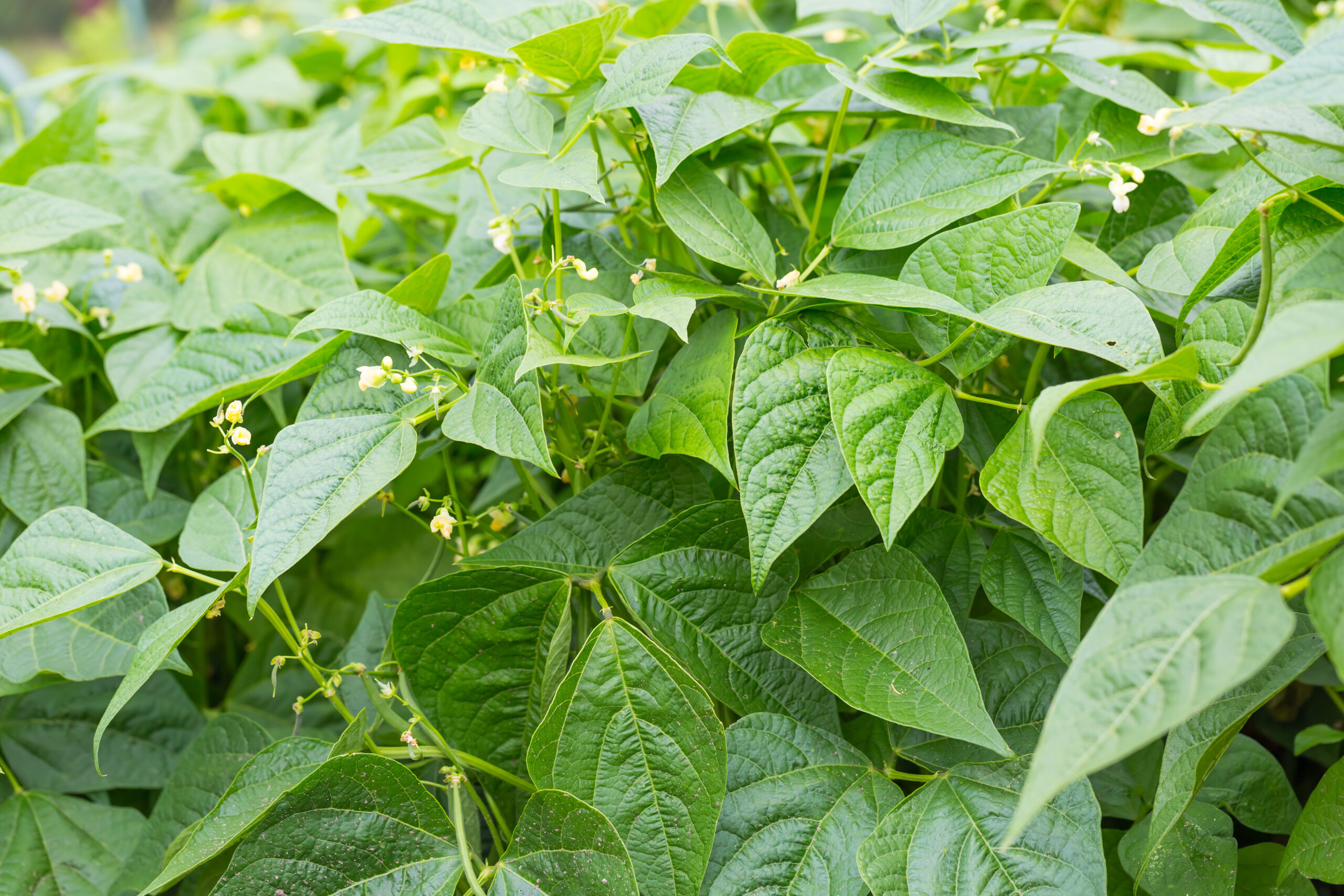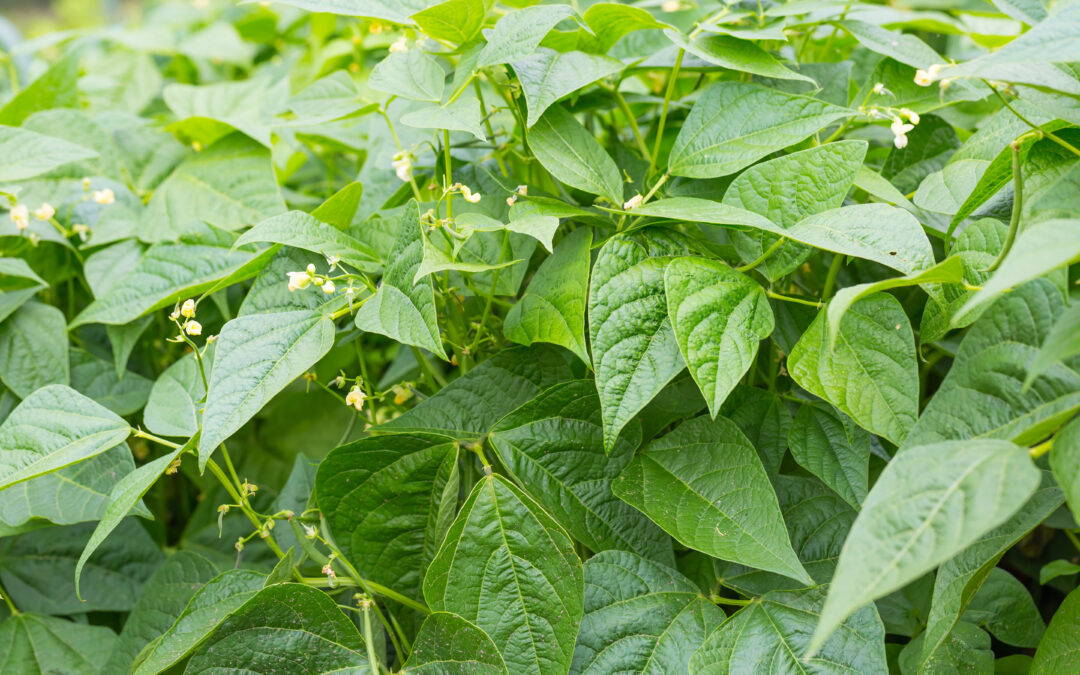Organic gardening is a method of growing plants and vegetables without the use of synthetic fertilizers, pesticides or genetically modified organisms (GMOs). It’s an eco-friendly way to grow your own food that has become increasingly popular in recent years. In this blog post, we will explore why choosing organic gardening might surprise you with its many benefits.
Introduction to Organic Gardening
Organic gardening involves using natural methods to maintain soil health, control pests and diseases, and promote plant growth. This includes techniques such as composting, crop rotation, companion planting, and mulching. By avoiding chemicals and GMOs, organic gardeners aim to create a sustainable system that nourishes both people and planet.
The Benefits of Choosing Organic Gardening
There are several reasons why more people are choosing organic gardening over traditional gardening methods. Here are some of the key benefits:
1. Better Taste – Many people report that fruits and vegetables grown organically taste better than those grown conventionally. This could be due to the fact that organic produce isn’t picked prematurely or treated with waxes and preservatives.
2. More Nutritious – Studies have shown that organic produce contains higher levels of vitamins, minerals, and antioxidants compared to conventional produce. This is because organic farming practices encourage the development of healthy soil, which leads to healthier plants.
3. Safer for Consumers – With no synthetic pesticides used in organic gardening, consumers can rest assured that their food is free from harmful chemical residues. This is especially important for children and pregnant women who may be more vulnerable to exposure.
4. Better for the Environment – Organic gardening promotes sustainability by reducing pollution, conserving water, and protecting wildlife habitats. It also helps reduce greenhouse gas emissions associated with industrial agriculture.
How to Start Your Own Organic Garden
Starting an organic garden doesn’t require much space or experience. Here are some tips on how to get started:
1. Choose the Right Location – Select an area that receives at least six hours of sunlight per day and has well-draining soil. If necessary, amend the soil with compost or other organic matter.
2. Decide What to Plant – Consider what crops are best suited for your region and season. Seek out heirloom varieties that are adapted to local conditions and resistant to disease.
3. Use Natural Fertilizer – Instead of relying on synthetic fertilizers, use compost tea or other natural sources of nutrients to feed your plants.
4. Control Pests Naturally – Avoid using harsh chemicals to control pests. Instead, try attracting beneficial insects like ladybugs and lacewings, or make your own natural remedies like neem oil spray.
5. Water Wisely – Conserve water by using drip irrigation or other efficient systems. Also, avoid overwatering, which can lead to root rot and other problems.
Common Mistakes to Avoid When Starting an Organic Garden
Here are some common mistakes to watch out for when starting an organic garden:
1. Overcomplicating Things – Keep it simple and start small. Don’t try to do too much at once or experiment with too many new techniques.
2. Neglecting Soil Health – Good soil is essential for successful organic gardening. Make sure to add plenty of organic matter and keep the soil balanced with proper pH levels.
3. Ignoring Crop Rotation – Rotate crops each year to prevent depletion of nutrients and build up of pests and diseases.
4. Forgetting About Maintenance – Regular maintenance is crucial for keeping your garden healthy and productive. Be prepared to spend time weeding, pruning, and monitoring your plants.
Tips for Successful Organic Gardening
Here are some additional tips for success with organic gardening:
1. Stay Educated – Keep learning about organic gardening through books, workshops, and online resources. Join a community garden or connect with other organic gardeners for support and advice.

2. Experiment and Adapt – Try different approaches and adapt them to fit your unique situation. Don’t be afraid to fail and learn from your mistakes.
3. Enjoy the Process – Remember that organic gardening should be enjoyable and rewarding. Take time to appreciate the beauty of nature and the satisfaction of growing your own food.
Conclusion: Why Choose Organic Gardening

Choosing organic gardening is a choice that supports not only personal health but also environmental sustainability. By opting for natural methods of cultivation, individuals can reduce their carbon footprint while enjoying fresh, nutritious produce. Whether you’re a beginner or experienced gardener, consider trying out organic gardening and experiencing the many benefits it offers.



